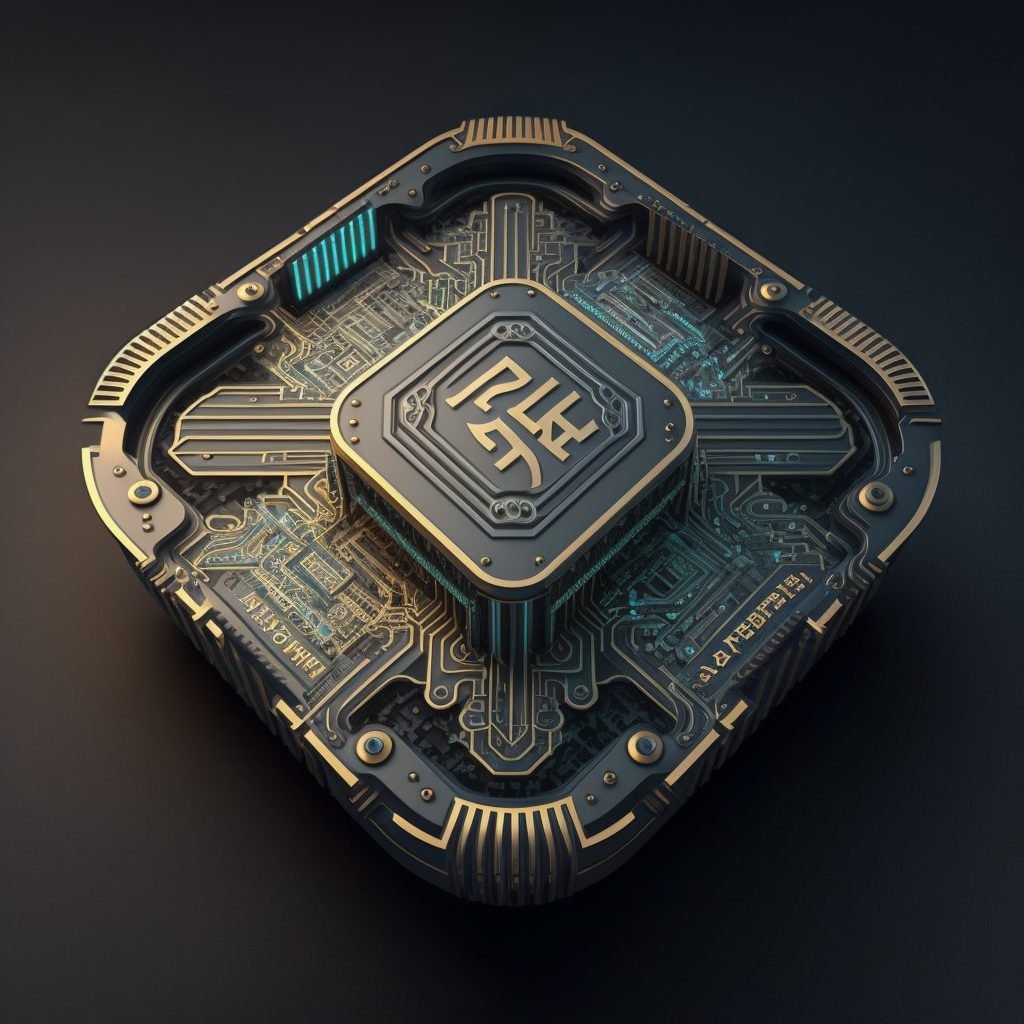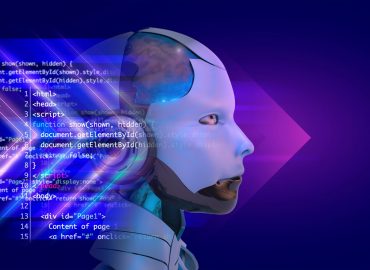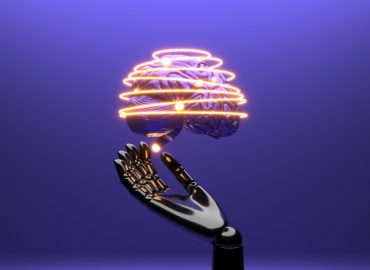Blog ENG
Capabilities of AI
Following my previous blog, in this section, I will substantiate the potential of artificial intelligence.
There’s an observation which is kind of trivial, but also non-obvious: that human beings are, more-or-less, the stupidest possible species capable of inventing technology — since, if any stupider species was capable of it, they would then be “here” instead of us, they would have “taken over the planet” before we did.
That observation chains into another: that human beings do not sit at the peak of intelligence. This is attested to by various data points in the history of AI, where AI systems did not stop their capabilities at the human level, e.g. chess or Go AI programs did not stop at even the top human level capability, but rather zoomed right past it.

So we are faced with a possible future development in which the machine intelligence exceeds ours. That might be enough to worry, but do note that it is not merely the past successes of AI that lend credence to this scenario; it is also many other advantages which a machine intelligence might imaginably have compared to human. Among other things, it will potentially have the ability to:
- duplicate itself as fast as it can load into computer memory
- upgrade its memory; whether working (RAM) or permanent (ROM) one
- have a truly permanent memory which does not degrade
- think a lot faster (neurons fire at ~1-200Hz; modern chips operate at gigahertz scale)
- have much faster input/output channels with its environment
- improve its own algorithms.
In other words — to paraphrase I. J. Good — once a superintelligent machine (one that can surpass the intellectual activities of any human) is made, then since the design of machines is one of those intellectual activities, that machine could design even better machines; “there would then be an ‘intelligence explosion’, and the intelligence of man would be left far behind”.
To be continued…

